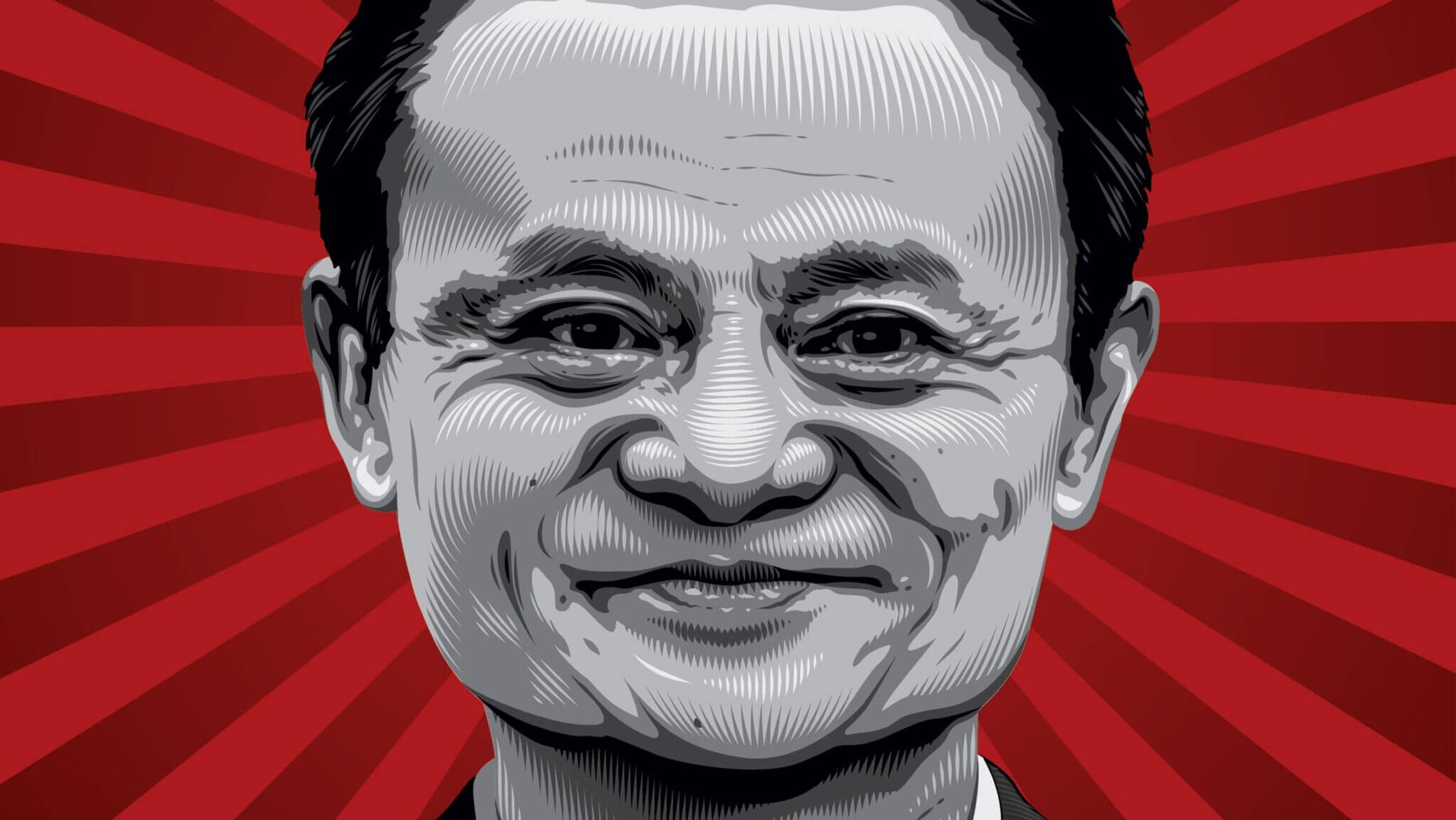Every year on November 11, e-commerce giant Alibaba makes business headlines with its sales record on Singles Day, a holiday celebrating China’s single men and women that has become a popular online shopping day. This year, the company racked up US$9.3 billion, almost doubled last year’s US$ 5.8 billion.
The news came about two months after Alibaba set the record for the world’s largest initial public offering (IPO) in the US stock market, with its market value measured asUS$231 billion at closing time on its first day.
Alibaba’s rosy prospects are to a large extent a result of its monopolized status in China’s online shopping market. Yet to maintain such privilege, it has to work closely with the government and the Chinese Communist Party in sanctioning independent organizations and political dissents.
In September, not long before Alibaba’s began trading on the US stock market, the Taobao online shop of an independent library project called China Rural Library (CRL) was forced to shut down while the authorities cracked down its 19 libraries across the country. The CRL’s main income for its education and library project has been generated from its online shop. The Chinese authorities consider independent citizen initiatives a challenge to the Chinese Community Party’s representation of the people.
A few days ago, Amazon-like Taobao, which is owned by Alibaba, shut down artist Wu Tun’s online shop, which sold T-shirts with the phrase “Love Can’t Be Here” printed on them. The Chinese character for “love” sounds like “Ai,” and the T-shirt is inspired by an overseas campaign, “Ai Can’t be Here,” which calls for the release of Ai Weiwei, an artist-activist who was detained for 81 days without any official charges in 2011. Currently Ai is still monitored by the national security police and could not leave the country.
Prominent political dissident Hu Jia explained to Radio Free Asia how the authorities have suppressed dissents via online shops:
Once your voice your opinion in opposition, the authorities take two measures to get at you. First, cut off your social contacts. Make you feel lonely and sad as your family and friends are forced to stay away. Second, cut off your income. They collect information from all sources and identify dissidents’ major sources of income. If you get your income from mainland China, it is too easy to bring you down: They just need to shut down your online shop. In less than 10 minutes, your shop no longer exists.
Political dissidents have not only criticized Taobao. The monopolized market means small retailers face vicious competition, of which only a minority of shops survive.
A small retail shop owner explained the adverse effects of the monopoly on online shopping business in China. The article circulated online for a period of time and Letscorp, a website that bridges information across the Chinese-speaking community, reposted it on November 13, 2014:
The majority of people, including myself, will shop online. I get all my clothing and hardware from the Internet. It is very convenient and cheap, which is really great. […]
Yet the adverse effects are: 1. A large number of shops — fashion shops, hardware shops, electronics shops — will be forced to close. Even if they manage to survive, business is difficult and they hardly make enough profit to carry on. From what has been reported online, Beijing’s Zhongguancun, Shenzhen’s Huaqiang North district [both are famous shopping destinations for computers and electronics] and others are in a great depression.
2. Many owners of small retail shops are forced to shutter. Their sales workers lose their jobs. The situation affects the landlord of shop floors as they can’t rent out their place. These people are directly affected by Taobao.
The original idea of Taobao is to reduce the transaction costs so that the consumers can get more benefit. This is a good intention. But now the platform has evolved into something that the founder could not foresee. It will eventually eliminate all the middlemen and the manufacturers will have to compete with each other in a vigorous manner. […]
Jack Ma [the founder and CEO of Alibaba] once said, in the future there would be no more trading except from e-commerce […] Now 50 percent of the retail business in China is traded through Taobao. The price is so low that there is very little profit margin. The pricing has affected the prices in real shops. Please imagine the future of China’s economy. Without making enough profits, how can people support their families?
written by Oiwan Lam of GlobalVoices. see more.
This published content was successfully submitted to Empirics Asia and written by individuals, authors or contributors based on their multidisciplinary backgrounds, experiences, achievements and various expertise. The author has decided to keep their identity anonymous. The content represents their opinion and Empirics does not hold any responsibility over its veracity. If you have any questions, thoughts or feedback about the content, please contact us. To submit your own knowledge onto Empirics, please create an authors account with us or directly email your content to [email protected]





























